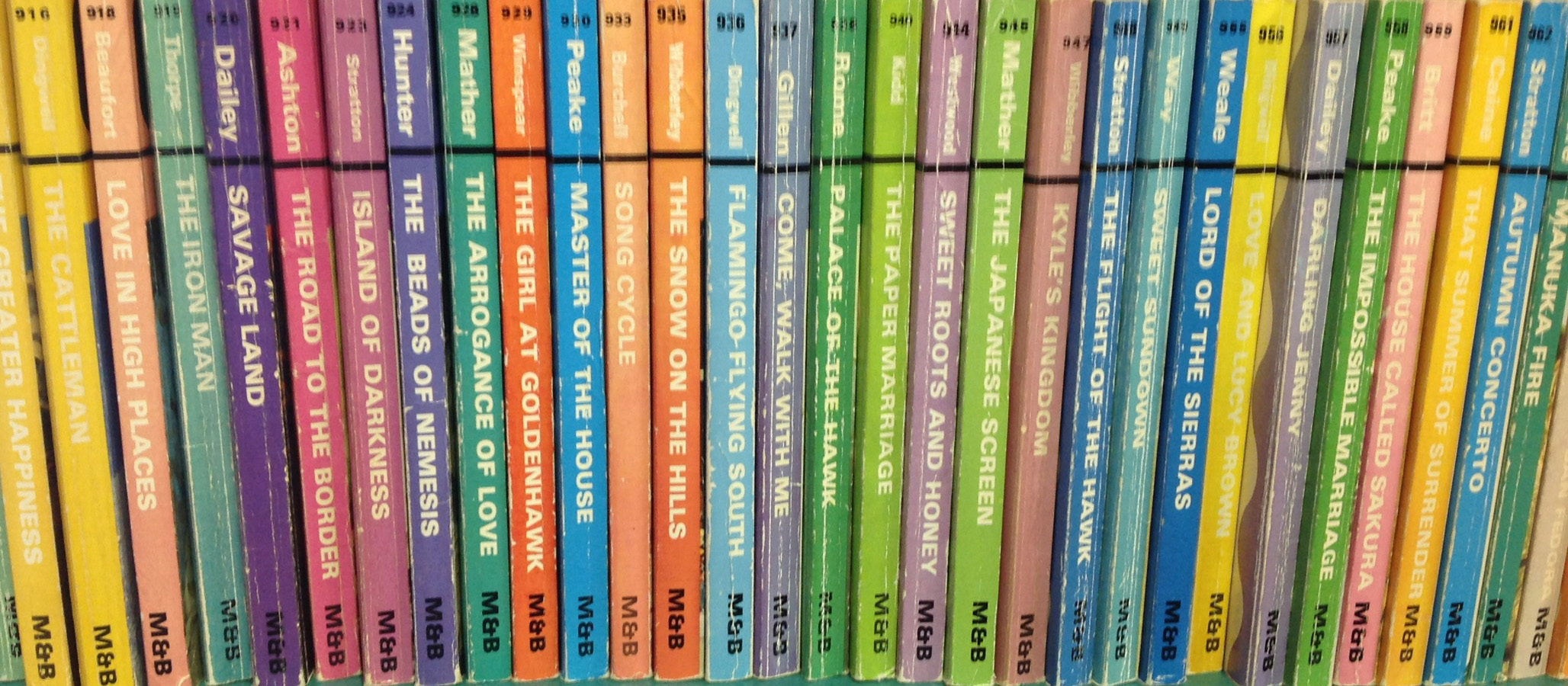Queer Evolution: A Biocultural Investigation of Gay Romance Fiction
Start Date
13-4-2018 5:10 PM
End Date
13-4-2018 6:10 PM
Proposal Type
Individual Presentation
Abstract
Literary Darwinism and biocultural theories of literature have seemingly ignored queer identities in their studies of literature, film, and popular culture. This study attempts to begin the integration of biocultural theories and queer theories by analyzing a collection of stories from Japanese BL (boys love), bara manga, and Western romance novels. These three unique genres are selected to give attention to narratives written by both straight and gay writers. The implications of generic format and the identities of the writers will be discussed as well. By comparing and contrasting these genres, this study seeks to establish the biocultural implications homosexual identities function within these texts. Specific attention will be paid to homosexual courtship and evolutionary theories of homosexuality, and how these texts conform to or deny specific theories. In addition to the traditional biocultural theories, attention will be given to the specific Japanese understandings of homosexuality and same-sex relationships and the country’s history of homosexuality and homosexual identities. In doing so, this study hopes to begin understanding queer identities within a Literary Darwinist framework, for just as fiction has be used to explore philosophy, so to can fiction be used to explore evolutionary psychology.
Queer Evolution: A Biocultural Investigation of Gay Romance Fiction
Literary Darwinism and biocultural theories of literature have seemingly ignored queer identities in their studies of literature, film, and popular culture. This study attempts to begin the integration of biocultural theories and queer theories by analyzing a collection of stories from Japanese BL (boys love), bara manga, and Western romance novels. These three unique genres are selected to give attention to narratives written by both straight and gay writers. The implications of generic format and the identities of the writers will be discussed as well. By comparing and contrasting these genres, this study seeks to establish the biocultural implications homosexual identities function within these texts. Specific attention will be paid to homosexual courtship and evolutionary theories of homosexuality, and how these texts conform to or deny specific theories. In addition to the traditional biocultural theories, attention will be given to the specific Japanese understandings of homosexuality and same-sex relationships and the country’s history of homosexuality and homosexual identities. In doing so, this study hopes to begin understanding queer identities within a Literary Darwinist framework, for just as fiction has be used to explore philosophy, so to can fiction be used to explore evolutionary psychology.


